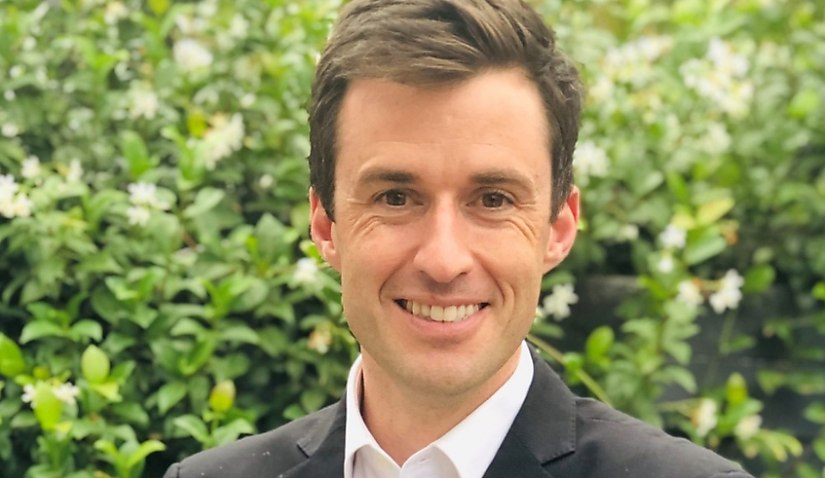Powered by MOMENTUM MEDIA
One shadow minister and history PhD has weighed in on what he sees as the ‘greatest social policy failure of the last 200 years’: youth prisons.

Jerome Doraisamy was joined on the Lawyers Weekly Show by Dr Matthew Bach, the shadow minister for transport infrastructure, child protection and youth justice, and youth affairs in Victoria. He has also served as the state’s shadow attorney-general.
Dr Bach discussed the practices enduring in our criminal justice system today that make it ineffective and harmful for young people encountering the justice system.
Since the end of the 18th century, the design of our youth prisons has changed precious little, said Dr Bach.
“We should be sceptical about the idea that the state can do something meaningful for young people when they're in youth prisons to change the nature of their soul, which was the idea behind the early penitentiaries, but quite frankly, is the idea behind our youth prisons today,” he said.
“The principal lesson from history is that, for young people, prison doesn't work,” said Dr Bach.
“I'd say that youth prisons would have to be the greatest social policy failure of the last 200 years,” he said.
Many young people encountering the criminal justice system are often traumatised, disadvantaged, have had experiences in the care system and are often Indigenous.
“The vast majority have significant mental health problems and almost all of them have experienced trauma, yet so little is done in those settings to deal with those problems,” said Dr Bach.
“All we’re doing is criminalising them further and traumatising them further, to then ultimately make the community less safe when they're released,” said Dr Bach.
He noted that solitary confinement is markedly overused in youth justice facilities to cope with a lack of staffing – and many young people experience a deterioration in mental health as a result.
There are fewer than 500 kids in Victoria’s youth justice facilities, but data shows that in three months, solitary confinement was used on more than 10,000 occasions, he said.
A report by Victoria’s independent children's commissioner in 2017 made it clear that in doing this, the government is breaking state law.
Another report by the ombudsman in 2019 found that it is in breach of international obligations – yet it carries on unabated, he noted.
There has been no concerted effort to deal with understaffing, he added.
“We should come up with constructive solutions so solitary confinement - which the ombudsman says is against the law - is a thing of the past,” he said.
Dr Bach said that by not providing these young people with appropriate mental health support and educational support, “we’re making the community less safe”, because every single one of them will be released.
“These broader systems are broken and have been broken for a very long time,” said Dr Bach.
“There are any number of excellent proposals on the table right now for reforms that could keep young people out of our youth justice facilities here in Victoria,” he said.
“It would be a good thing for more people to do what many lawyers are already doing, which is simply talking about it in a way that shines a spotlight on the issue.”
We're evolving — and so should your insights. Heads up — Lawyers Weekly is going premium from 1 May for just $5 a month. Stay informed without missing a beat. More information coming soon.